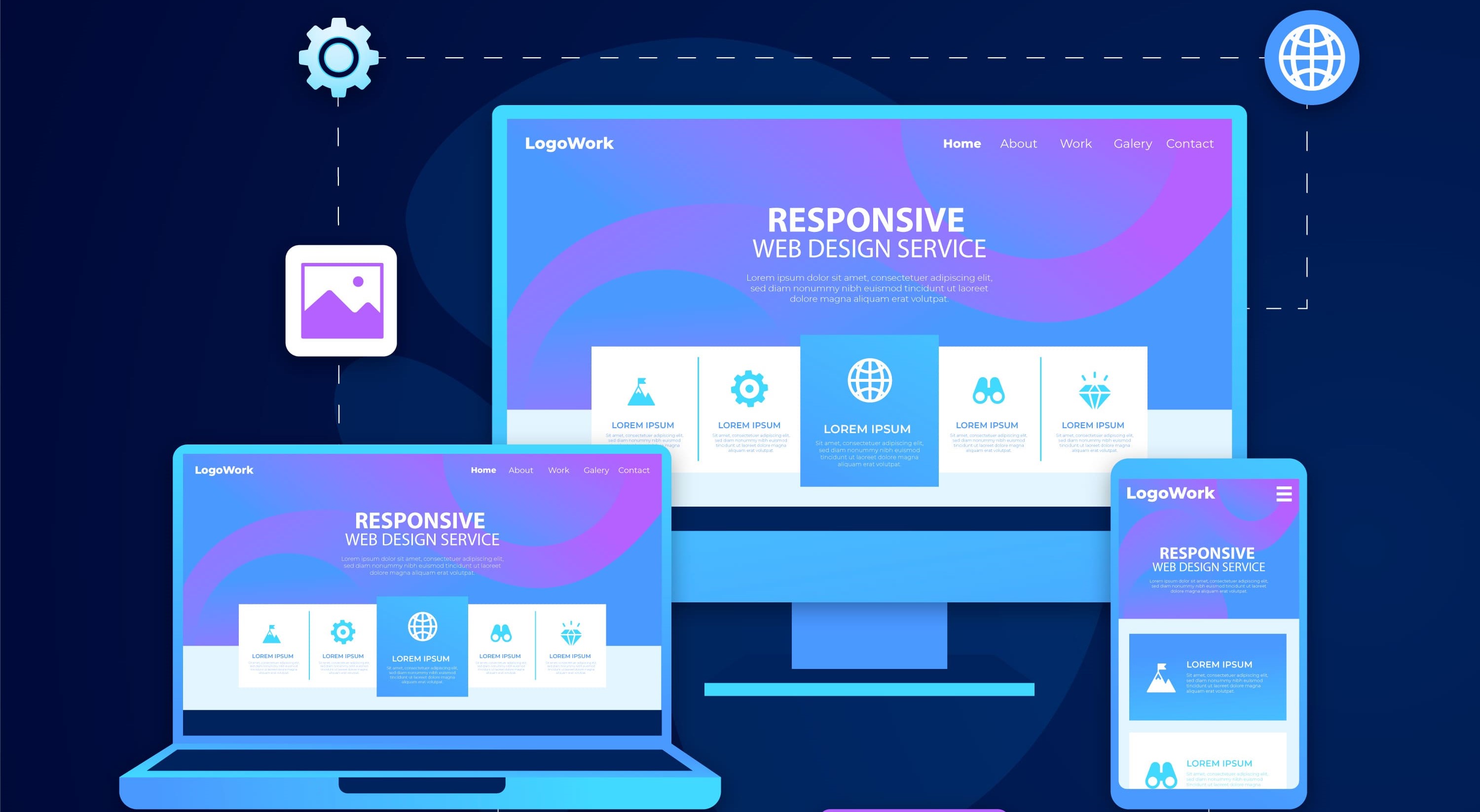Top 14 Pros of Using Django for Web Development

Choosing an appropriate web development framework can be a daunting task due to the plethora of options available, each tailored to specific project needs. Developers typically consider the language used, the tools provided, and the framework's market reputation. Because Django is so good at all of these things, a lot of companies and organizations use it. As a free, Python-based, open-source framework, Django facilitates clean, rational design of database-driven websites, significantly reducing the development challenges. It supports the creation of minimal yet sophisticated web applications and adapts to changing business requirements. Django, which was created by experts, takes care of a lot of the intricate aspects of web development, freeing up developers to concentrate on creating the application rather than on the technical specifics.
The Top 14 Benefits of Web Development with Django
1. Django is simple:
Django’s excellent and well-maintained documentation makes it straightforward to use. Covering all the basic needs of web development, allows developers to focus on implementing unique and complex features rather than getting bogged down in foundational setup. This clarity and comprehensive support streamline the development process significantly.
2. Django works on Python:
Django is built on Python, a highly popular and versatile programming language. Python’s portability across different platforms, support for multiple programming paradigms, and ease of learning make it an excellent choice for web development. Django leverages Python’s strengths to require less code and effort, which translates to time and cost savings for developers.
3. Django has many useful features:
Adhering to Python’s “batteries included” philosophy, Django comes with everything necessary to develop a complete application out of the box. With over 4,000 available packages, developers can easily add functionalities like profiling, testing, and debugging, as well as advanced features like data analysis, AI, and machine learning, enhancing the framework’s utility and adaptability.
4. Django is time-effective:
Django is highly efficient for developing minimum viable products (MVPs) and prototypes quickly and cost-effectively. It includes a flexible admin panel, supports code reuse, and offers excellent templates and forms. These out-of-the-box tools enable rapid prototyping and development, making it a preferred choice for startups and businesses aiming to get their products to market swiftly.
5. Django suits any kind of project:
Due to its adaptability, Django may be used for a variety of projects, ranging from straightforward blogs to intricate social media apps. It works across different platforms and is compatible with major databases, making it capable of handling heavy traffic and large volumes of information. This adaptability ensures Django can meet the needs of diverse project requirements, regardless of size or complexity.
6. Django is DRY and KISS compliant:
Django adheres to the DRY (Don’t Repeat Yourself) principle, which minimizes redundancy by encouraging the use of reusable software components. This approach reduces the likelihood of bugs and simplifies maintenance. Additionally, the django framework follows the KISS (Keep It Short and Simple) principle, ensuring that code remains straightforward and easy to read, which makes development faster and debugging easier.
7. Django is secure and up-to-date:
Django is committed to maintaining high-security standards, regularly updating the framework with security patches. It also offers a long-term support (LTS) version that ensures even older versions receive critical security updates. This proactive approach to security helps protect applications from vulnerabilities and ensures they comply with the latest security best practices.
8. Django is backward-compatible:
Django maintains backward compatibility, supporting the interfaces and features of older versions, which makes upgrading to newer versions smooth and less disruptive. The detailed release notes provide comprehensive information on changes and compatibility issues, helping developers manage transitions between versions effectively without breaking their existing codebase.
9. Django is compatible with DevOps:
Django integrates well with the DevOps methodology, enhancing operational support and facilitating continuous delivery, which is crucial for maintaining high efficiency and reliability in software development. This compatibility allows teams to solve problems faster, streamline deployment processes, and increase overall productivity, particularly beneficial for complex and mission-critical applications like those in the banking sector.
10. Django has its infrastructure:
Django comes with its own robust infrastructure, including a web server, a templating engine, and an Object-Relational Mapper (ORM) that supports multiple databases. This built-in infrastructure enables seamless switching between databases and simplifies the process of handling user input forms. By providing these essential tools out of the box, Django allows developers to focus on building the core functionalities of their applications rather than dealing with foundational setups.
11. Django has a big, supportive community:
Django boasts a large, professional community that provides ample support and resources for developers. This active community is quick to respond to bugs and continuously enhances the framework with new libraries and features. The wealth of shared knowledge and collaborative spirit makes it easy to find solutions to problems and stay updated with the latest best practices in Django development.
12. It’s easy to find Django developers:
The extensive Django community ensures that finding skilled developers is straightforward. Since Django developers follow the same comprehensive documentation and coding standards, integrating new team members is seamless. This consistency simplifies collaboration and allows teams to scale efficiently by adding new developers who can quickly get up to speed with existing projects.
13. Speed and scalability:
Django is built for rapid development and scalability, making it a favorite among tech startups. By automating many manual tasks, Django allows developers to focus on the broader aspects of their projects. This capability to quickly build and scale applications is crucial for startups that need to adapt and grow rapidly in competitive markets.
14. Optimum for Search Engine Optimization:
Django enhances search engine optimization (SEO) efforts by enabling the creation of human-readable URLs and links with relevant keywords. It simplifies the management of domain names and link slugs, contributing to better search engine rankings. This SEO-friendly approach ensures that websites built with the Django web framework are more likely to achieve higher visibility and attract more traffic from search engines.
Conclusion
Django's myriad of advantages make it a standout choice for web development, offering simplicity, robust features, and versatility for projects of all sizes. Its foundation in Python provides portability and ease of use, while its adherence to DRY and KISS principles ensures clean, maintainable code. Django's security, backward compatibility, and DevOps integration further bolster its appeal. With a supportive community and the ability to scale rapidly, Django is not only efficient but also future-proof. Whether you're a startup aiming for quick market entry or an established enterprise seeking reliable and scalable solutions, Django's comprehensive framework is well-equipped to meet diverse and evolving web development needs. Django developers excel in creating scalable and robust web applications by leveraging the powerful features of the Django framework.
Hire Python Developers
Hire Python developers who can turn your vision into reality. Hire the most skillfull python developers from Fulllancers.



